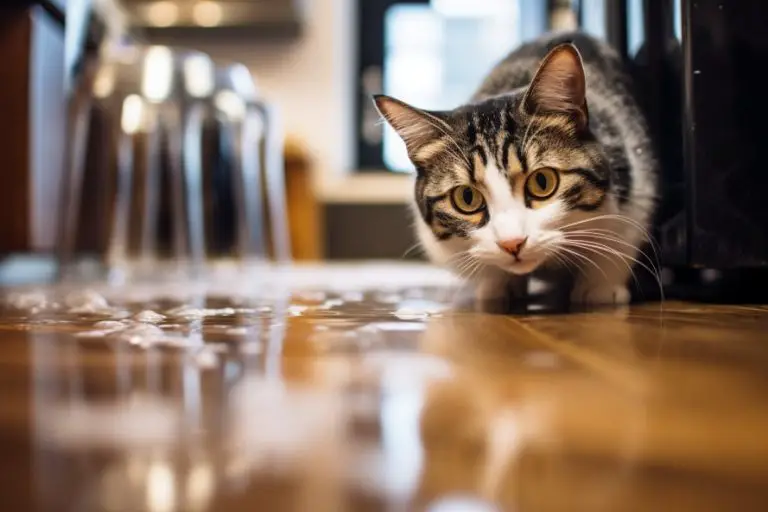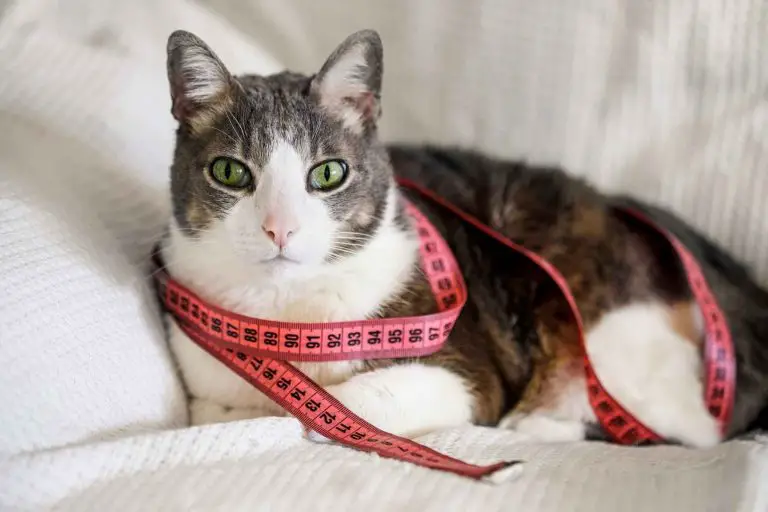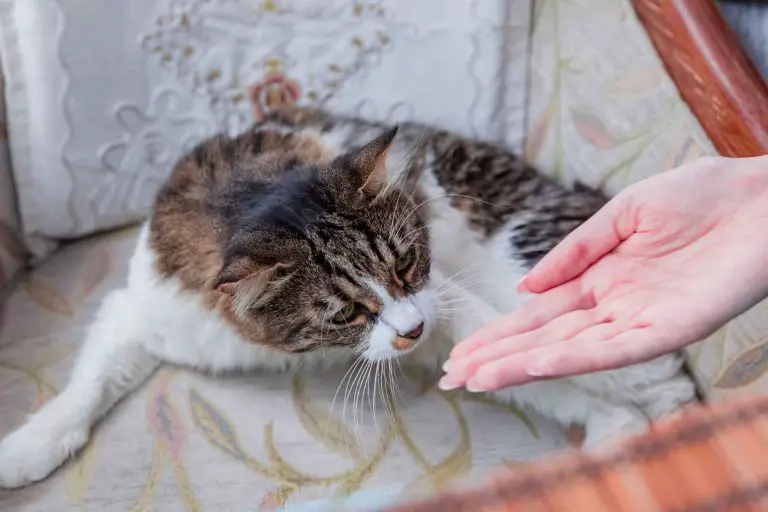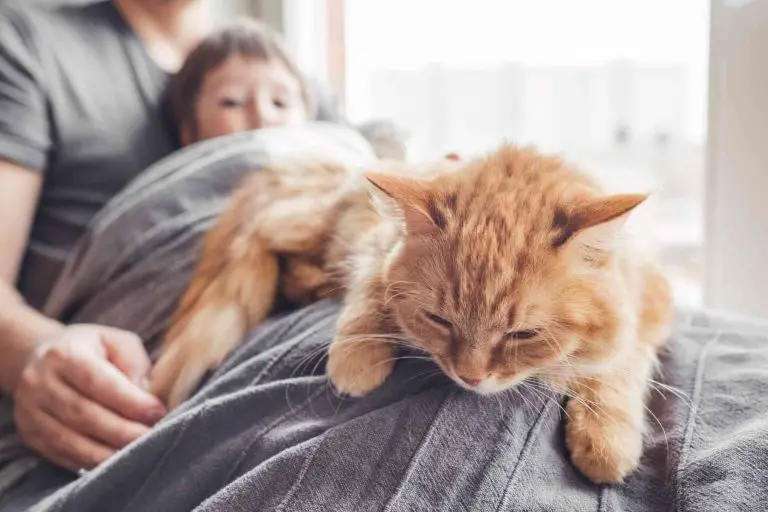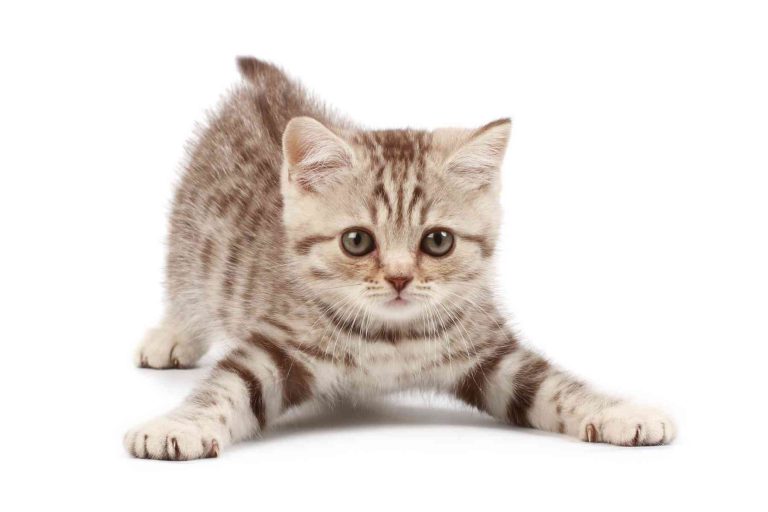Can Cats Eat Eggs?
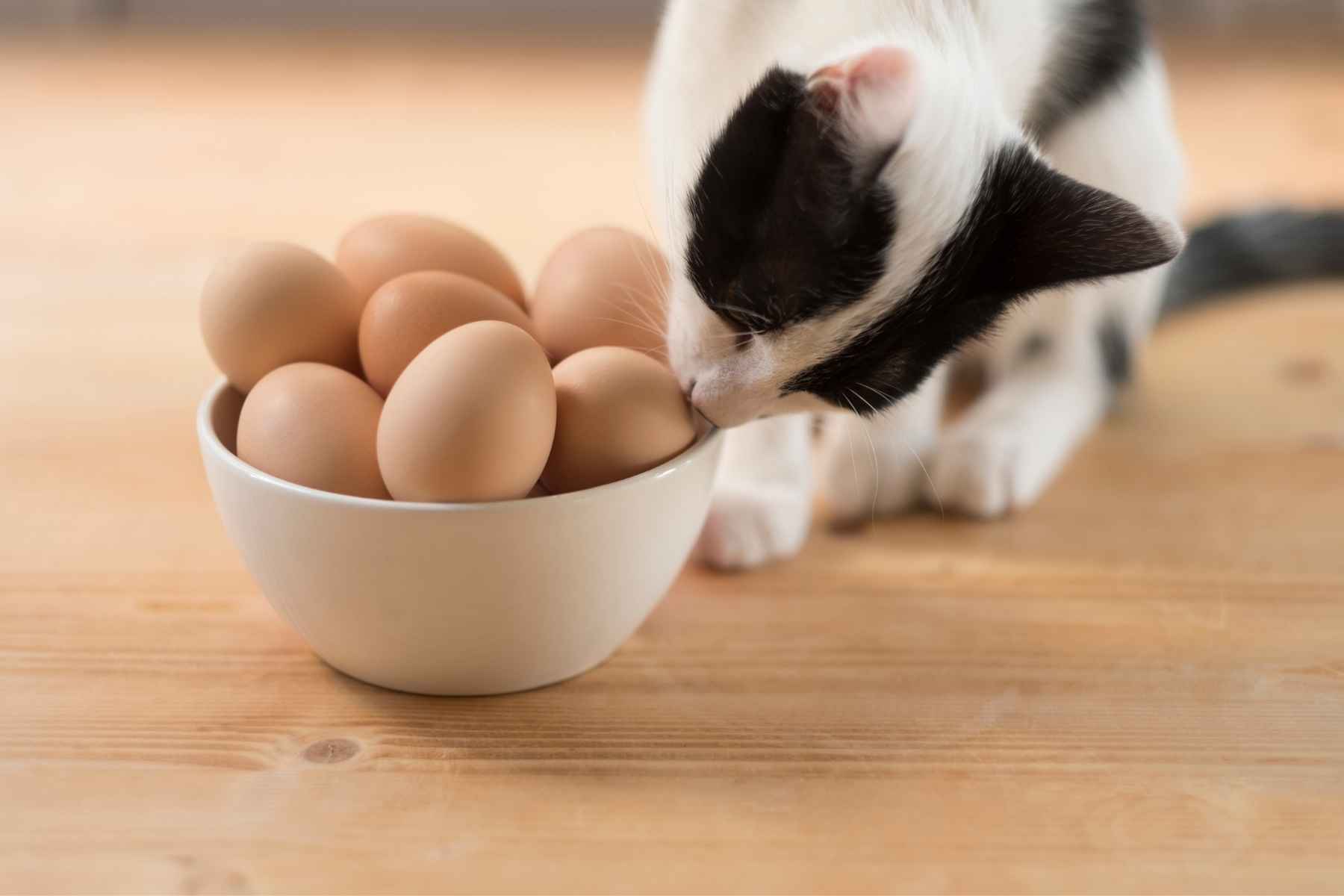
Owning a cat is rarely a dull experience. Cats are often curious about everything around them and won’t be satisfied until they’ve been able to investigate whatever has caught their attention.
Cats might be fascinated with everything, but that fascination can quickly change to obsession when it comes to food. Most of the time, human food isn’t appropriate for cats to eat, but every once in a while, we eat something that our cats can enjoy.
Cats need mostly meat in their diet, but since eggs are a good source of protein, you might wonder if your kitty can also eat eggs. Can cats eat eggs?
Cats can eat eggs as long as there is no added seasoning. Because of their high-fat content, eggs shouldn’t be fed to cats regularly.
We can cook eggs in many different ways, but not all are appropriate for cats. Let’s look a little deeper into cats eating eggs!
Can Cats Eat Eggs?
Cats are pretty amazing animals. They are incredible hunters, wonderful pets, and are so adorable that they have become the most popular pet in the United States.
Cats are versatile and are happy living everywhere, from apartments to farms, but one thing that can make them a little more complicated to own is their specialized diet.
Cats are obligate carnivores, meaning their diet consists of meat and other animal products.
While cats might want to nibble on things like bread or vegetables from time to time, their bodies are built to get all their nutrition from meat and animal products.
One animal product that cats can enjoy is eggs. While they aren’t meat, eggs are animal products, which means they fit into a cat’s obligate carnivore diet. Cats can get healthy protein from eggs, but they are high in calories and fat, so you should limit how much egg your cat eats.
Determining what is and isn’t safe for our feline friends to eat can get complicated, but for the most part, eggs and meats are nice snacks for cats.
Most meats are safe for cats to eat, as long as we don’t add any spices, oils, or sauces to them, but for our cats to get the best nutrition, we should feed them high-quality commercial cat food.
Commercial cat food is guaranteed by the Food and Drug Administration (FDA) to provide a complete and healthy diet for cats.
It might seem like feeding your cat eggs, and meat instead of cat food makes sense because they are carnivores, but it’s almost impossible to guarantee your car is getting all the trace vitamins and minerals they would receive in commercial cat food.
So, in short, cats can eat eggs, but they should only be an occasional snack and not a normal part of a cat’s diet.
Can I Give My Cat Scrambled Eggs?
Yes, you can scramble an egg for your cat. Just make sure not to use any extra butter or oil.
Eggs can become stuck to the bottom of pans very easily without oil or cooking spray, but when we’re feeding our cat eggs, we need to ensure the eggs are as pure as possible.
If you’re afraid your scrambled eggs are going to stick to the pan while you’re cooking them, you can microwave your eggs instead!
You can microwave the egg in a coffee mug or a bowl. Just microwave your raw egg 30 seconds at a time, mixing it between each microwave session until it is fully cooked. Make sure it’s cooled off before you feed it to your cat.
How Much Egg Can a Cat Eat?
A cat can enjoy one tablespoon of egg whites added to their food a few times a week. Egg yolk should be fed to cats much less often because of how high the fat content of the yolk is.
How much egg you feed your cat depends on what part of the egg you’re using. There are three main parts of the eggs, and all of them have different rules when it comes to feeding them to cats.
Here are the three main parts of an egg:
- Egg white – The protein-rich clear portion of the raw egg. Once cooked, egg whites can be fed to your cat a few times a week in addition to your cat’s regular diet.
- Egg yolk – The higher calorie yellow middle portion of the egg. Egg yolks are very high in fat and cholesterol, and feeding too much egg yolk can lead to health problems like pancreatitis and obesity.
- Egg shells – The white, hard protective layer of the egg. This part of the egg is the part that is fed to cats the least, but maybe it should be more common! Eggshells are full of calcium and other vitamins and minerals and can easily be ground down into a powder.
What Happens if a Cat Eats an Egg?
If your cat eats an egg, it shouldn’t cause any problems unless they ingest a large amount. Eating too much egg can cause your cat to have an upset stomach and possibly diarrhea and vomiting.
Eggs are usually a relatively safe food for cats to enjoy, but if your cat overindulges on eggs, it might make them feel more nauseous than expected.
This is especially true if your cat has never eaten an egg or has a sensitive stomach.
If your cat eats a large amount of eggs and acts like they don’t feel well, it’s always best to call your veterinarian for advice.
How to Cook Eggs for Cats?
Cats can enjoy eggs prepared in almost any way as long as there aren’t any added oils, butter, or spices.
Even though it doesn’t really matter how you cook eggs for your cat, some methods of preparation are easier for your cat to eat than others.
Cats do best eating egg whites only and not whole eggs. The only way to really cook egg whites is to scramble them, and since scrambled eggs are among the easiest types of eggs to make, this is good news for us.
The most difficult part of scrambling egg whites is removing the yolk. The easiest way to remove the yolk is to crack it into a bowl and scoop the yolk out with a clean spoon. You can discard the yolk or save it for other culinary pursuits.
Cats shouldn’t be fed an entire egg white at once. Give your kitty one tablespoon of scrambled egg white at a time, and refrigerate the rest until it’s time to feed them more.
Can Cats Eat Eggs and Cheese?
Cats shouldn’t eat eggs and cheese, but if they sneak a bite off your plate, it shouldn’t be harmful to them unless they eat a large amount.
The problem with eggs and cheese isn’t the eggs themselves but the cheese. Cats, like most mammals, cannot digest dairy products once they become adults, including cheese.
Cats lack an enzyme in their digestive system to digest dairy. This enzyme, called lactase enzyme, is present in cats and other mammals while they are nursing from their mothers, but once they are weaned, their bodies stop producing lactase enzymes.
This is why cheese in your cat’s eggs isn’t a good idea. Cheese can cause diarrhea and vomiting in cats because they cannot fully digest the cheese.
That being said, cheese isn’t toxic to cats. It usually just gives them an upset stomach.
If your cat manages to eat some eggs with cheese, keep an eye on them. Most of the time, it shouldn’t bother your cat, but if it does, contact your vet.
Can Cats Eat Raw Eggs?
No, cats can’t eat raw eggs because, according to the American Veterinary Medical Association, raw eggs are a common source of harmful bacteria like salmonella.
Cats can’t eat raw eggs for the same reason humans can’t: they can be full of harmful bacteria and other pathogens!
It’s impossible to see just from looking at an egg whether it has salmonella or not, and some people will go their entire lives without getting salmonella from a raw egg. Just because it isn’t common doesn’t mean we should take that risk for ourselves or our kitty friends.
Final Thoughts
As a snack, eggs are a good source of protein and are just fine for cats to eat. Eggs should never replace commercial cat food in your cat’s diet, but adding some egg whites to their normal food is a great way to increase protein intake.
If you choose to feed your cat eggs, make sure that the eggs don’t have any added oil, butter, or spices.
Eggs and cheese shouldn’t be a snack for your cat either. The best type of eggs for cats are simple, plain, scrambled egg whites.


